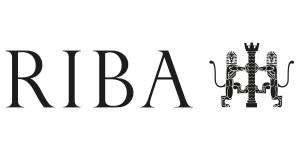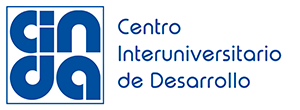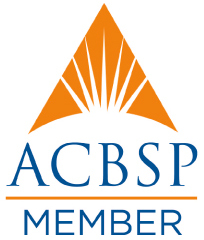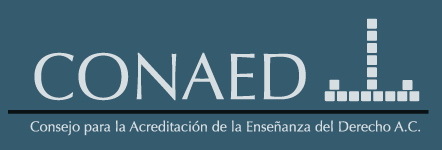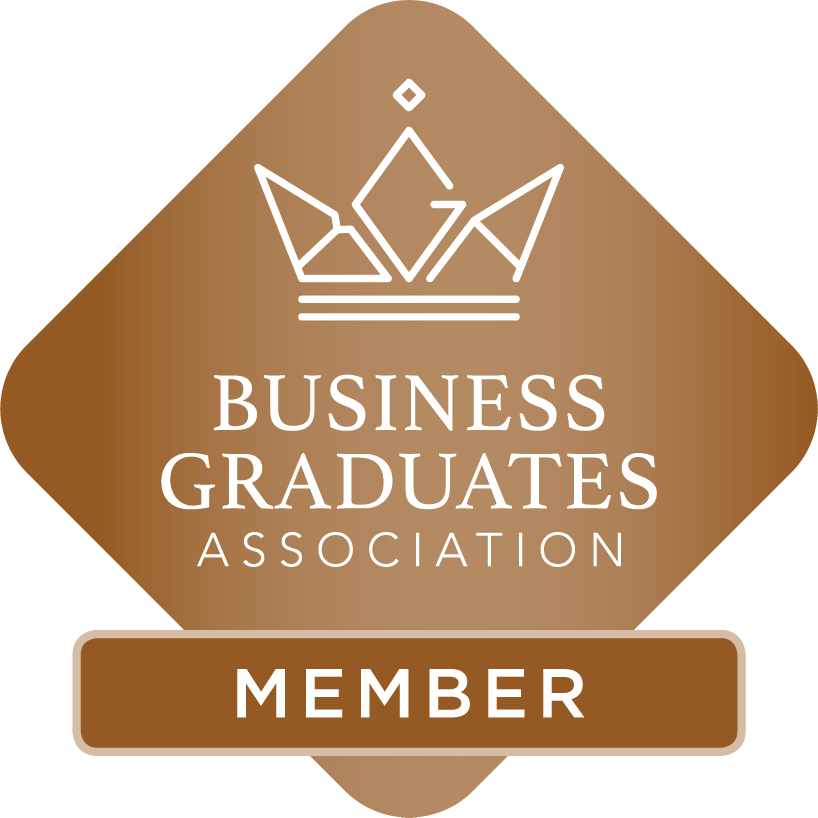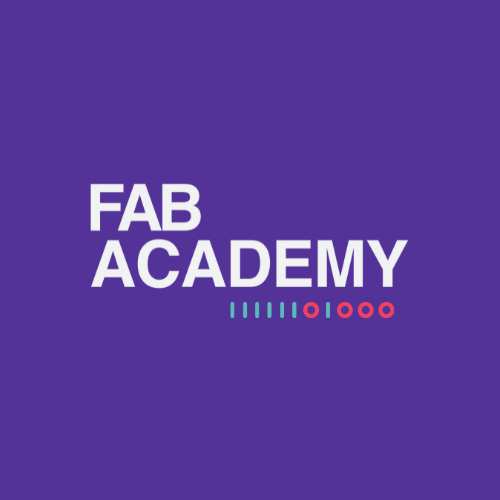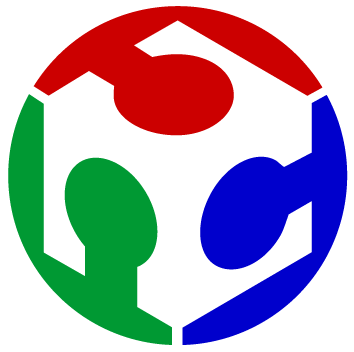- English
- Español
Culture
Fiction Workshop
The initial purpose of the Fiction Workshop is to integrate the group and become aware of the literature necessary for the creative and critical work. Emphasis will be placed on the structure of short fiction genre: tales, short stories, chronicles and reviews. All students will be able to hone their reading skills and improve their composition.
The sessions of the two first months include:
- Reflection on literary creation and texts.
- Reading and comments on the students’ works.
Dossier
The authors considered for the first phase are:
- Mario Vargas Llosa: Discurso.
- Mario Vargas Llosa: Cartas a un novelista.
- Truman Capote: Música para camaleones (preface).
- Raymond Carver: La vida de mi padre.
- Julio Ramón Ribeyro: Prosas apátridas.
- Paul Auster: Experimentos con la verdad.
- Enrique Vila Matas: Escribir es dejar de escribir.
- Enrique Vila Matas: Bartleby y compañía.
- José Miguel Oviedo: Sobre el cuento.
- Ricardo Piglia: Tesis sobre el cuento.
- Ian Reid: ¿Cualidades esenciales del cuento?
- Gabriel García Márquez: La bendita manía de contar.
- Gabriel García Márquez: ¿Cómo se cuenta un cuento?
- Horacio Quiroga: Decálogo del perfecto cuentista.
- Antón Chéjov: Cartas.
- Julio Ramón Ribeyro: La palabra del mudo (prologue).
- Augusto Monterroso: Lo demás es silencio.
- Bernardo Axtaga: Método para plagiar.
- Antonio Muñoz Molina: Pura alegría.
- Ernest Hemingway: El oficio de escritor.
- Charles Bukowski: El capitán salió a comer y los marineros tomaron el barco.
- Juan Bonilla: Yo soy, yo eres, yo es.
- As a bonus, Mark Strand: Vida y poesía.
For the second phase, a program of creation exercises based on the reading of recognized authors that is combined with literary theory elements is considered.
Content
Fiction lines:
Description: Internal and external.
Fiction: Slow and dynamic.
Direct and indirect speech.
Voices: Monologue and dialogue. Soliloquy and choir.
Scenario: Time and spatial frame.
Characterization of the flat and round character.
Problem of election (topic and language).
Literary fiction:
Symbolic transformation of reality.
Literary genres.
Chronicle genre: Concepts and history.
Tale genre: Concepts and history.
Literary categories: Narrator / writer / reader.
Point of view (of perception):
Classification of points of view.
Ignoring and combing points of view.
Ways to use points of view: Summarize / dramatize.
Structure.
Narrator’s attitude:
Selection / omission.
Objectivity / subjectivity.
Tone / atmosphere / peripetia.
Narration:
Idea and topic of the tale.
Action and plot.
Situation and conflict.
Time in the tale:
Outside (write / read / narrated action).
Inside (structures and verbal forms).
Time structure.
Subjective time / objective time.
Live time / dead time
*Reading: Los inocentes, by Oswaldo Reynoso.
Professor
César Ricardo Nieri
Place
Zone of Artistic Expression (ZEA) (Parque del Este, first basement level)
Contact Information
Department of Artistic Activities
Person in charge: Mrs. María Elena Muñoz Arce
Telephone: 437 6767, extension: 30771
talleres@ulima.edu.pe


